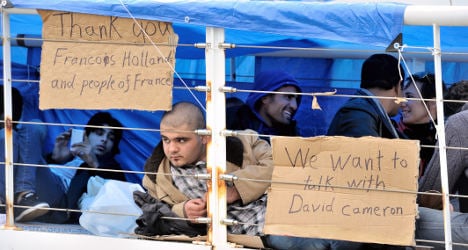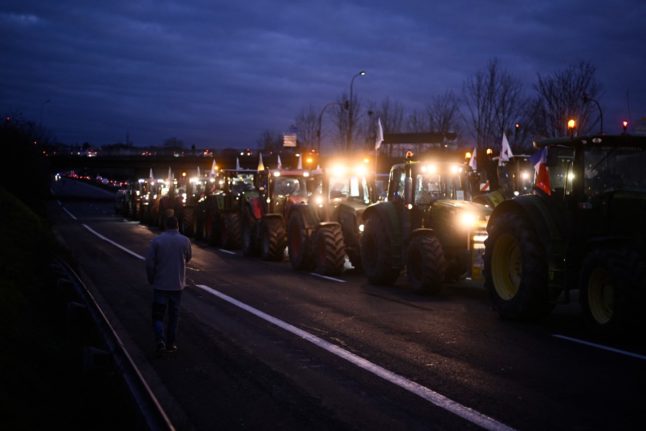France said on Wednesday it would take in 500 Syrian refugees at the United Nations' request, the UN refugee agency said.
The announcement followed talks in Paris between French President Francois Hollande and the UN High Commissioner for Refugees Antonio Guterres, the agency's local representative Philippe Leclerc told AFP.
These refugees are among those considered "particularly vulnerable", he said, adding that the United Nations had asked all EU states to help offer shelter to Syrians fleeing their war-torn country.
More than two million Syrians have left their country since the fighting first erupted in March 2011, mainly seeking refuge in neighbouring Lebanon, Jordan and Turkey, placing a huge burden on these nations.
Details of the refugee agreement with France will be discussed "in coming days", Leclerc said.
With no end to the conflict in sight, the UN agency has urged EU nations to offer asylum to 10,000 Syrians this year and another 30,000 in 2014.
"Until now, the country that has responded most favourably to this request is Germany with 5,000 places offered," Leclerc said.
Some 50,000 Syrians have so far applied for protection in the EU, mostly in Sweden and Germany.
Last week The Local spoke to Matthieu Tardis, head of the Secretariat General of France Terre d’Asile, a leading non-profit organisation which provides “legal and social services” to asylum-seekers and refugees in France.
He told us that France was failing to meet its legal obligations to Syrian refugees, and that there was a “moral crisis” in France, regarding refugees and immigration.
"Quite simply, France is not doing enough to help and accommodate Syrian refugees fleeing the conflict in their country," said Tardis.
"President François Hollande has tried to make France a world leader by getting involved in the conflict in Syria.
"But France’s system for welcoming refugees and asylum-seekers displaced by that conflict is just as important to being a proactive participant in the international community."
Click here read the the full interview with Matthiey Tardis click here.
Don't miss a story about France – Join us on Facebook and Twitter.



 Please whitelist us to continue reading.
Please whitelist us to continue reading.
Member comments